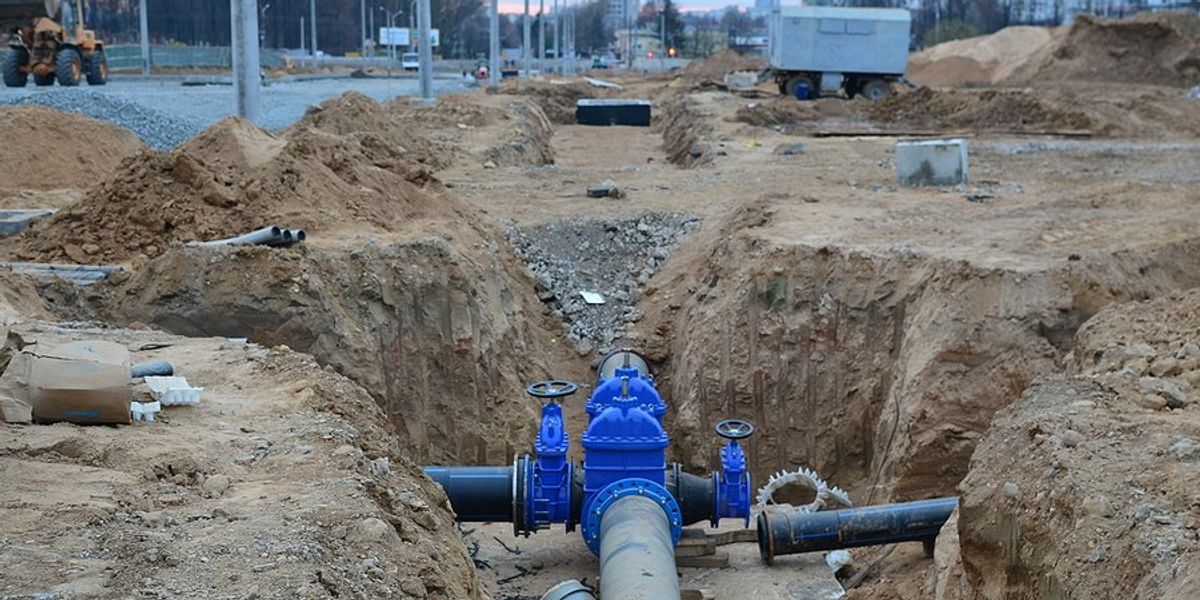cloud brightening
Spraying salt in clouds to combat climate change comes with global risks
Marine cloud brightening could cool the Earth, but new research warns it might have unintended, global consequences.
In short:
- Marine cloud brightening (MCB) is a proposed method to reflect sunlight and cool the planet, but it’s highly controversial and lacks proper regulation.
- A recent study shows MCB could have severe global impacts, especially if used on a regional scale without careful oversight.
- Experts stress the need for international governance to manage MCB experiments and potential deployments.
Key quote:
“It is extremely important to differentiate between [small-scale field] research...and impact-scale experimentation or activities related to using or marketing climate interventions.”
— Kelly Wanser, senior adviser to the University of Washington MCB program
Why this matters:
Nobody really knows what kind of ripple effects MCB could have on the planet's weather systems. It could lead to unintended consequences, like changes in rainfall patterns or impacts on marine ecosystems that could be just as damaging as the warming we’re trying to prevent.
Read more: Solar geoengineering: Scientists decry a 'foolish' idea
Local officials end cloud brightening experiment in Alameda, California
Alameda's city council has voted to halt a pioneering cloud-brightening experiment aimed at combating climate change.
Corbin Hiar reported for E&E News earlier this week on why the vote has implications beyond one single community.
In short:
- The Alameda vote ends the city's participation in the CAARE project, which aims to explore marine cloud brightening as a method to combat global warming.
- Local officials halted the experiment last month due to permit issues, raising concerns about public engagement and regulatory compliance.
- Experts generally support the experiment, but environmental groups oppose it, fearing it could lead to widespread geoengineering practices.
Key quote:
"Cancellation of this small experiment could add to public confusion about climate intervention research more broadly."
— Frank Keutsch, atmospheric science professor at Harvard University
Why this matters:
The cloud-brightening technique involves spraying fine sea salt particles into the atmosphere to increase the reflectivity of clouds. By doing so, scientists aim to reflect more sunlight back into space, thereby cooling the Earth's surface. Proponents of the experiment argue that this method could provide a vital tool in the fight against rising global temperatures, potentially offering a temporary solution while broader carbon reduction strategies take effect. Alameda’s decision will influence the future of geoengineering research in the U.S., impacting global efforts to find viable climate solutions.
Related EHN coverage:
Cloud brightening experiment in California temporarily stopped
Local officials in California have halted a cloud brightening experiment due to potential health concerns, as researchers tested a technology to combat global warming by reflecting sunlight.
In short:
- The University of Washington researchers were using a device to spray sea-salt particles on the U.S.S. Hornet to increase cloud reflectivity.
- The experiment began on April 2 and was the first of its kind conducted outdoors in the U.S.
- Alameda city officials demanded a halt on May 4, requesting further review of the experiment's health and environmental impacts.
Why this matters:
Geoengineering solutions like cloud brightening are being considered to manage the Earth's temperature amidst rising global greenhouse gas emissions. While offering potential short-term relief, they also pose significant scientific and ethical questions, emphasizing the ongoing struggle to balance technological intervention with natural climate solutions.
Related EHN coverage:















